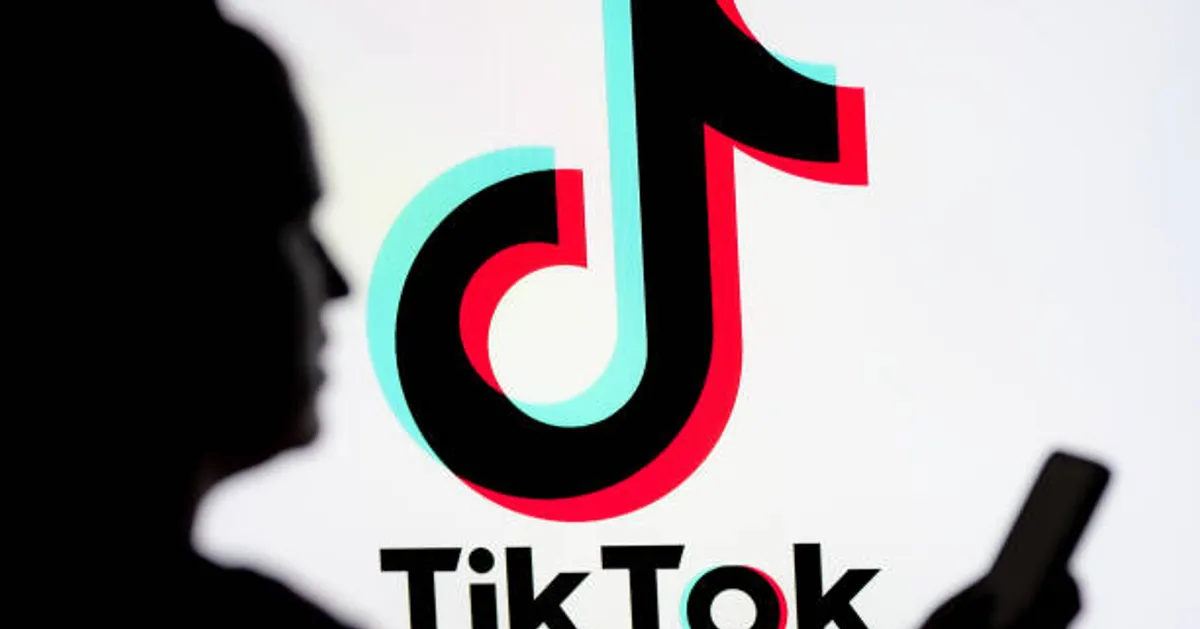French Authorities Open Criminal Probe into TikTok’s Algorithm Over Alleged Promotion of Suicide Content

GeokHub

French judicial authorities have launched a formal criminal investigation into TikTok, focusing on whether the platform’s recommendation algorithms have exposed young users to self-harm and suicidal content. The inquiry, initiated following a request from a parliamentary committee, examines potential offenses including “propaganda for methods of suicide” and enabling “illegal transactions by an organised group.”
The action stems from mounting concerns over the social media app’s effect on minors. A parliamentary report highlighted the app’s insufficient content moderation, unrestricted access by children, and algorithmic loops that may trap vulnerable users in harmful content streams. The probe builds on previous civil lawsuits by families alleging fatal outcomes linked to the platform.
TikTok has responded by strongly rejecting the claims, saying that it is being unfairly singled out for broader online-society problems. The company points to its safety-features and content-moderation systems, while French authorities counter that structural risks remain.
Analysis / Impact:
This development marks a significant intensification of regulatory scrutiny toward social-media platforms and their hidden algorithmic mechanisms. Whereas earlier debates often centred on moderation or privacy, the French probe moves into the legal domain of criminal liability for algorithmic design—asking whether a tech company’s recommendation system can, in effect, “push” harm.
For TikTok, the stakes are high. The investigation not only threatens reputational damage but also potential legal penalties and structural reforms—especially if the probe expands into Europe-wide regulation. It forces the platform to face questions about how algorithms interact with young minds and mental-health vulnerabilities.
For broader society and tech policy, the case could set precedents. If algorithms become subject to criminal enforcement—rather than just civil or regulatory oversight—the design of recommendation systems will likely come under far stricter legal, ethical and technical guardrails. Platforms may need to prove not just “what” they moderate, but “how” their systems prioritise, amplify or suppress content.
Overall, the French investigation signals that the age of treating algorithmic risk as abstract or academic may be ending. Instead, it’s transitioning into the sphere of public safety, regulatory enforcement and criminal liability—raising big questions for how social-media companies engineer their systems, protect minors and manage the unintended consequences of high-engagement design.








